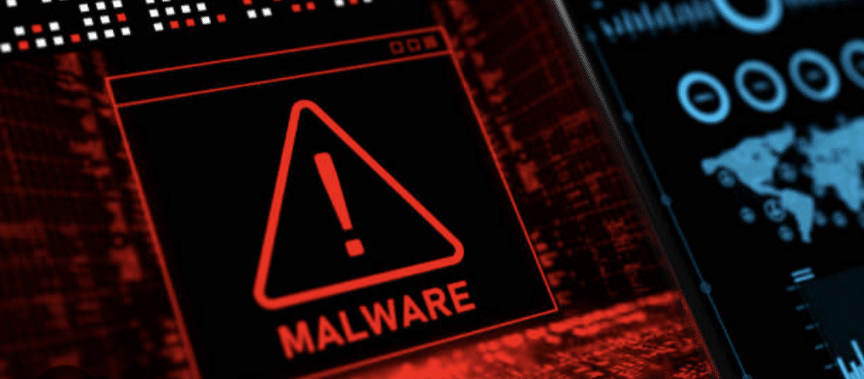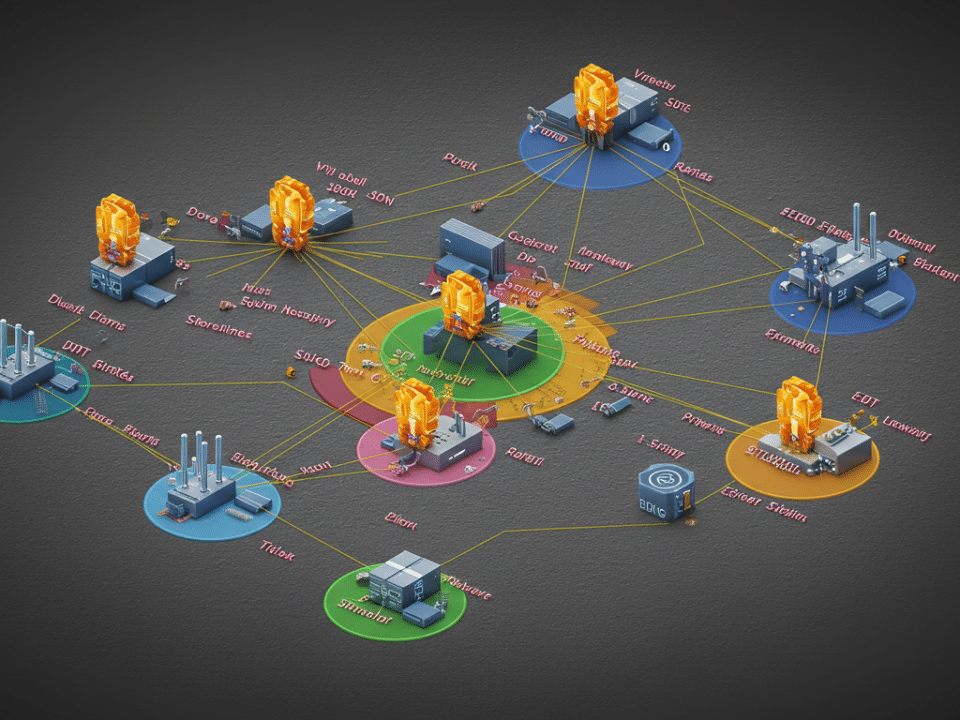
Cyber insurance: A risk vs reward assessment for SMBs
October 2, 2023
Phishing emails: The bait that’s too good to be true, but beware the tricky ones
October 5, 2023Small and medium-sized businesses (SMBs) are increasingly reliant on mobile devices, and for good reason. Mobile devices can offer a number of advantages for SMBs, such as increased productivity, flexibility, and collaboration. However, with this reliance comes increased risk. Malicious mobile applications (MMAs) are a growing threat to SMBs of all sizes.
What are MMAs?
MMAs are apps that have been designed to steal data or harm devices. They can be disguised as legitimate apps, such as games, productivity tools, or social media apps. Once an MMA is installed on a device, it can gain access to a variety of sensitive data, including:
- Contact information
- Location data
- Financial data
- Passwords
- Business data
MMAs can also be used to install malware on devices, which can damage or disable them.
How do MMAs affect SMBs?
MMAs can have a devastating impact on SMBs. Here are just a few of the ways that MMAs can harm SMBs:
- Data breaches: MMAs can be used to steal sensitive data from SMBs, such as customer information, financial data, and trade secrets. This can lead to significant financial losses and damage to reputation.
- Financial losses: MMAs can also lead to financial losses for SMBs in a number of ways. For example, MMAs can be used to steal money from bank accounts, make fraudulent purchases, or extort money from SMBs by threatening to release sensitive data.
- Productivity losses: MMAs can also lead to productivity losses for SMBs. For example, MMAs can distract employees, slow down devices, or even disable devices altogether.
- Damage to reputation: MMAs can also damage the reputation of SMBs. For example, if an SMB experiences a data breach or other security incident due to an MMA, it can lose the trust of its customers and partners.
- Compliance violations: SMBs in regulated industries may also face compliance violations if they are not adequately protecting their data from MMAs.
How to protect SMBs from MMAs
There are a number of things that SMBs can do to protect themselves from MMAs, including:
- Educate employees about MMAs: Employees need to be aware of the dangers of MMAs and how to identify them. SMBs can provide training on MMAs to their employees through security awareness programs or other training initiatives.
- Implement mobile device management (MDM) solutions: MDM solutions can help SMBs to manage and secure their company-owned mobile devices. MDM solutions can be used to enforce security policies, such as requiring strong passwords and multi-factor authentication, and to remotely wipe devices in the event of a security incident.
- Require employees to use trusted app stores: Employees should only download apps from trusted app stores, such as the official app stores for their mobile devices. Trusted app stores have security measures in place to help prevent malicious apps from being distributed.
- Use mobile security solutions: Mobile security solutions can help to protect mobile devices from MMAs and other security threats. Mobile security solutions can scan for and remove malicious apps, monitor device activity for suspicious activity, and block malicious websites.
Additional tips:
- Develop a mobile security policy: This policy should outline the requirements for mobile device use and security.
- Train employees on the mobile security policy: Employees should be trained on how to identify and avoid MMAs, how to use security features on their mobile devices, and how to report security incidents.
- Regularly monitor mobile device usage: SMBs should use MDM solutions to monitor mobile device usage and identify any suspicious activity.
- Have a plan for responding to mobile security incidents: SMBs should have a plan in place for responding to mobile security incidents, such as data breaches or malware infections.
By following these tips, SMBs can help to protect their mobile devices from MMAs and other security threats.
#SMBCybersecurity #MaliciousApps #MobileSecurity




